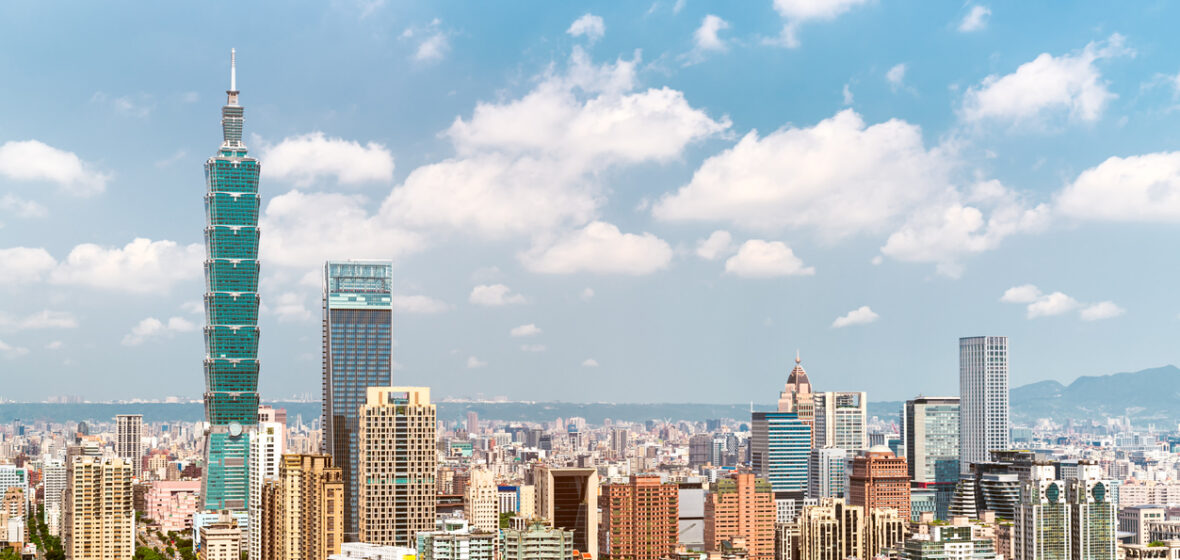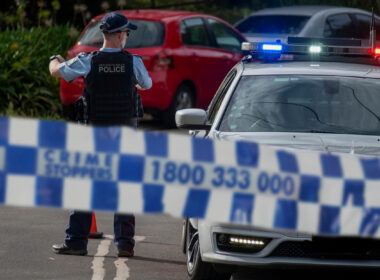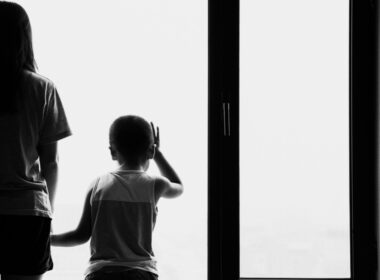Over the weekend, Taiwanese voters elected the Democratic Progressive Party's (DPP) presidential candidate Lai Ching-te into power despite China reiterating that it would not give up on accomplishing "reunification".
Lai’s party, the DPP, upholds Taiwan’s separate identity and rejects China’s territorial claims. It was seeking an unprecedented third successive four-year term, which it has achieved with 40 percent of the vote, even though it no longer holds a parliament majority.
Voting is not compulsory, but circumstances have driven many to the polls in recent elections. At the last election, 75 per cent of eligible voters cast their ballot in the wake of Beijing’s hostile crackdown on Hong Kong.
Taiwan has been self-governing since the Chinese nationalist party (Kuomintang or KMT) fled to the island following its defeat in the Chinese civil war with the Communists in 1949, but China has never recognised Taiwan as independent.
According to a CNBC translation, Chinese President Xi Jinping said, “The reunification of the motherland is a historical inevitability” in his 2024 New Year’s address.
According to the Department of Foreign Affairs and Trade (DFAT) Australia has a “substantial relationship” with Taiwan encompassing trade, investment, education, and tourism. Until 1972, the Australian Government recognised Taipei as a legitimate government. However, the establishment of diplomatic relations with the People’s Republic of China (PRC) in 1972 required Australia to recognise the Government of the PRC as China’s sole legal government, and to accept that Taiwan was a province of the PRC (adhering to the one China policy). Engagement between Australian government officials and Taiwan is, accordingly, unofficial since Australia does not recognise Taiwan as a sovereign state, nor its authorities as a national government.
Only thirteen states recognise Taiwan officially, barring them from official relations with Beijing: Belize, Guatemala, Haiti, Holy See, Marshall Islands, Nauru, Palau, Paraguay, St Lucia, St Kitts and Nevis, St Vincent and the Grenadines, Eswatini and Tuvalu.
Elected in 2016, Tsai Ing-Wen represents the pro-independence Democratic Progressive Party (DPP). His period of leadership has been marred by military activities conducted by China as a means of intimidation and an increasingly belligerent claim that Taiwan is Chinese territory. Since its foundations in the 1970s, the DPP’s major support base has been in southern Taiwan, particularly among the communities established prior to the arrival of over 1.2 million Chinese “mainlanders” in 1949 onwards.
The January 13 election was a three-way race between former Taipei mayor Ko Wen-je of the Taiwan People’s Party (TPP), Lai and the DPP, and the opposition party’s Hou Yu-ih for Kuomintang (KMT).
The DPP has maintained its stance that Taiwan must remain independent, despite amplified threats and economic restrictions from China in the lead-up to elections, while Kuomintang has argued that war may be inevitable if DPP continues to defy China. “Peace is priceless, and war has no winners,” said DPP’s Lai at a pre-election press conference in Taipei in the first week of January.
“China has always meddled whenever there is an election in Taiwan, but this time, it’s the most serious.”
Despite the DPP’s victory, cost of living concerns (high inflation, unaffordable housing and stagnant wages), local issues and frustration amongst younger citizens are all matters which pundits say the party will have to address in its third term.
Dr Benjamin Herscovitch is a Research Fellow in the School of Regulation and Global Governance at the Australian National University (ANU), and previously worked as an analyst and policy officer in the Department of Defence, specialising in China’s external policy and Australia’s defence diplomacy.
Together with a colleague in December 2023, Herscovitch argued in an opinion piece for the Lowy Institute that in not recognising the flexibility of the one-China policy and the opportunities to engage more fully with Taiwan in trade, diplomacy and culture, Australia has played a role in Taipei’s isolation. This isolation could pose a risk to Taiwan’s de facto independence and its liberal democracy, suggested Herscovitch.
On the eve of Taiwan’s election, he told LSJ, “The strategy and policies I’ve previously advocated are fit for purpose regardless of the outcome of the election. That’s because the outcome of [the] election will not dramatically affect the cross-strait dynamic that’s been in place for a number of years now.”
He says, “If there is the election of a KMT president or a TPP president, we will probably see a reduction in cross strait tensions and Beijing would be pleased with that outcome. There will still be ongoing efforts on the part of Beijing to pressure Taiwan, and China will still want to achieve the same long-term objective of eventually being able to annex Taiwan. In the event that the DPP presidential candidate is elected, there will probably be a short-term ratcheting up of tension in the Taiwan Strait, but it’s not obvious that it would result in a significantly more tension-filled environment.”
While the Biden administration has unequivocally stated that the US would come to Taiwan’s defence in the event of conflict, “Australia has been much more ambiguous on that question and unwilling to offer strong statements,” says Herscovitch. “The Albanese government will not engage in speculation or hypotheticals.”
This provides a promising foundation for increased ministerial visits and economic engagement without raising the ire of Beijing. But, the manner in which diplomatic visits are conducted is fundamental Herscovitch explains, especially given the hostile response from Beijing to Nancy Pelosi’s visit to Taiwan in 2022.
“There are two key features that would ensure a lack of strong reaction from Beijing,” says Herscovitch. “A minister from a portfolio deemed to have a legitimate cooperative agenda with Taiwan, like trade or resources where cooperation and collaboration is broad and expansive would be unremarkable. Similarly, education, or skills and training portfolios where there’s a cooperative agenda, would be less contentious from Beijing’s point of view. Nancy Pelosi was speaker of the house at the time. She was a very senior figure and represented a powerful global government, resulting in a dramatic response from Beijing. On the other hand, the British and German visits that took place recently avoided contention through sending education and trade ministers rather than a defence or foreign minister, for example.”
Herscovitch is hoping that the first visit by an Australian minister since Craig Emerson MP, then Minister for Trade and Competitiveness, in 2012 is on the cards.
“Taiwan is the fourth biggest destination for goods exports, so a visit by Trade Minister Don Farrell would be a logical choice. He seemingly has very good relations with his Beijing counterpart, which might mitigate negative blowback if he were to visit Taiwan.”




